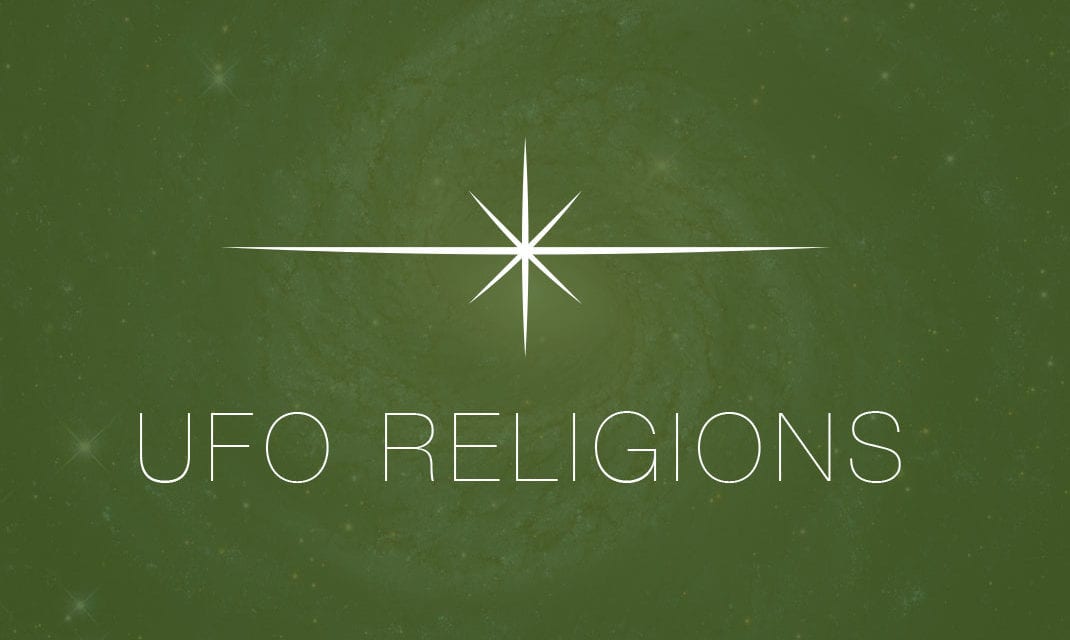Famous atheist Michael Shermer asks that question here. It’s a good overview of things to think about in this regard. I am in basic agreement that the existence of an advanced ET would be embraced as God by many, perhaps most. But despite the article’s strengths, it misses obvious “tests” — like prove to us, Mr. ET, that you (a) can create matter itself, from nothing; and (b) that you’re the entity who did so aeons ago. The “aeons” part of that also would require the ET to prove that his species no longer dies (or at least is not capable of death). I list this as an omission since this is part and parcel of any theistic religion’s definition of God. Third, there is the matter of not being part of the material creation. Any theistic religion believes God created all matter – all that is, “visible and invisible” to borrow the New Testament language. Without being able to demonstrate this attribute, ET would not be accepted as God.
Anyway, I could pick at this more, but you get the idea.





I’m not convinced that there are any tests of God. To require God, for example, to violate physical laws to demonstrate Its godliness might well “break” the Universe, and that assumes God could even interact within the Universe to begin with. Overextending or misusing machinery (though we can) often leads to disaster and failure … Perhaps the ultimate test of God is the ability to end the Universe.
agreed – one cannot test for a being that is considered not part of the material world (in any sense – even the invisible material world).
You’re assuming you could ‘test’ this being. If you encountered something claiming to be (for sake of argument) the Christian God, then judging from past behaviour it would expect you to believe its claim on faith, or based on a single, non-definitive proof, rather than submitting itself to the battery of tests you’re describing (which would be blasphemous by the standards of most religions). In fact a being that did submit to such tests would almost certainly not be the god of any modern theism. If on the other hand we encountered a being with apparently godlike powers and it didn’t claim to be God, then we would have no reason to want to test it and yet, given the messianic secret motif in the gospels, it would have a better claim to being the Christian God than a being that did.
You are assuming the wrong sorts of questions, though what you describe is fairly likely for most lay people with little depth of knowledge in Scripture (or little interest, no matter how religious).
The NT asks believers to test all such claims and there are examples of biblical characters putting God to the test to see divine power. I would have no problem asking for such validation. And really, I doubt anything that contacted me would be able to convince me that it was the God of the Bible. My first question: “Prove to me you are the creator of all matter and exist independently of all matter.” Good luck. I have other after that, but I wouldn’t expect a convincing or coherent answer.
The messianic secret motif isn’t so secret, either.
Thanks for the response, I was working on commonsense assumptions and after a bit of research I can see there’s more to the issue than I had realised. I think I had in the back of my head Deuteronomy 6.16, Matthew 4:7 and Luke 4:12 where the sense seems to be that God is not to be asked to perform miracles on cue, and 1 John 4:1-3 where the author tells Christians to test spirits, but for doctrinal correctness rather than proofs of power/identity. But having now read Aquinas’ discussion of tempting God there is clearly another side to the issue (he cites Psalm 33:9, Romans 12:2, Isaiah 7:11-13 and Genesis 15:8). None of these test God in exactly the way you describe, but arguably that sort of testing wouldn’t have occurred to a pre-modern person, so they may be the equivalent.
understood.